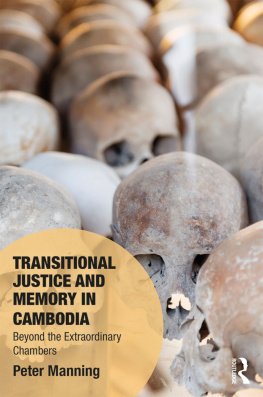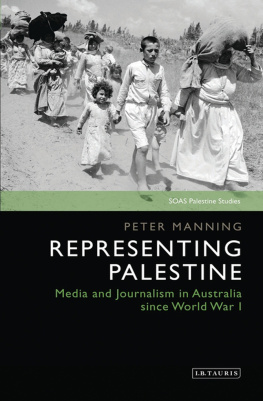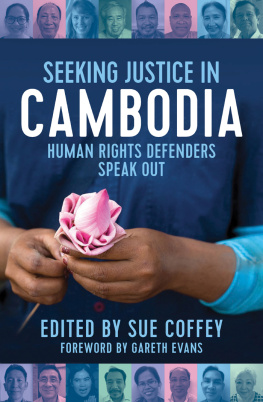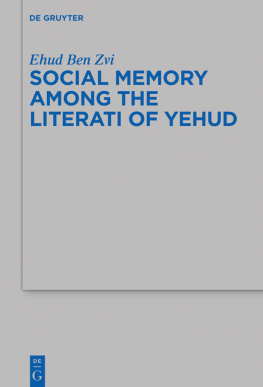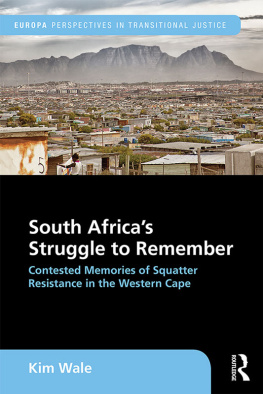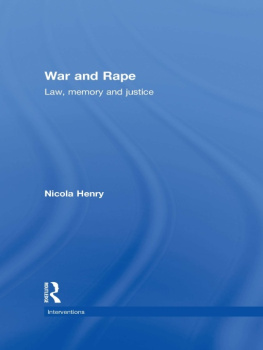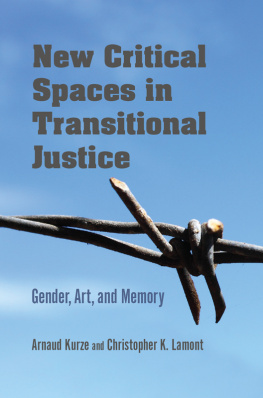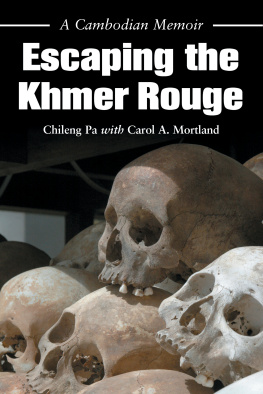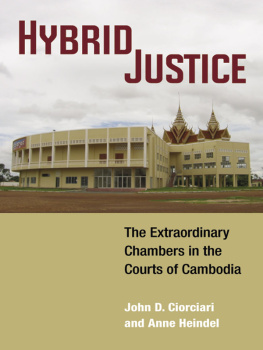Transitional Justice and Memory in Cambodia
Memories of violence, suffering and atrocities in Cambodia are today being pulled in different directions. A range of transitional justice practices have been put to work in the name of redressing, restoring and renewing memory. At the centre of this stage is the Extraordinary Chambers in the Courts of Cambodia (ECCC), a hybrid tribunal established to prosecute the leaders of the Khmer Rouge regime, under which 1.6 million Cambodians died of hunger or disease or were executed.
This book unpicks the way memory is reconstructed through appeals to a national memory, the legal reframing and coding of memories as crimes, and bids to locate personal memories within collective biographies. Analysing the techniques and interventions of the ECCC, as well as exploring the role of non-governmental organisations (NGOs), the book explores the relationships in which Cambodian communities navigate memories of political violence. This book is essential for understanding transitional justice in Cambodia in, and beyond, the courtroom. Transitional Justice and Memory in Cambodia shows that the governing logic of transitional justice interventions that societies are unable to deal with memories of atrocity and violence without some form of transitional justice mechanism neglects the complexity of memory and remembering in post-atrocity contexts and the agency of the subjects to which such mechanisms are addressed.
Drawing on documentary sources, legal transcripts, interviews and participant observation data, the book situates transitional justice processes in Cambodia within a wider context of social and cultural memory politics, examining (old and new) conflicts of memory that have emerged between the varied accounts and uses of the past that exist in Cambodia now. As such, it will appeal to students and scholars in sociology, human rights, law and criminology.
Peter Manning is Lecturer in Sociology at the University of Bath. Peter has previously lectured in sociology at Liverpool Hope University and at the Centre for the Study of Human Rights at the London School of Economics, where he was awarded a PhD in 2014.
Memory Studies: Global Constellations
Series Editor: Henri Lustiger-Thaler
Ramapo College of New Jersey,
USA and Ecole des Hautes Etudes en
Sciences Sociales, France.
The past in the present has returned in the early twenty-first century with a vengeance, and with it the expansion of categories of experience. These experiences have largely been lost in the advance of rationalist and constructivist understandings of subjectivity and their collective representations. The cultural stakes around forgetting, useful forgetting and remembering, locally, regionally, nationally and globally, have risen exponentially. It is therefore not unusual that migrant memories; micro-histories; personal and individual memories in their interwoven relation to cultural, political and social narratives; the mnemonic past and present of emotions, embodiment and ritual; and finally, the mnemonic spatiality of geography and territories are receiving more pronounced hearings.
This transpires as the social sciences themselves are consciously globalising their knowledge bases. In addition to the above, the reconstructive logic of memory in the juggernaut of galloping informationalization is rendering it more and more publicly accessible, and therefore part of a new global public constellation around the coding of meaning and experience. Memory studies as an academic field of social and cultural inquiry emerges at a time when global public debate buttressed by the fragmentation of national narratives has accelerated. Societies today, in late globalized conditions, are pregnant with newly unmediated and unfrozen memories once sequestered in wide collective representations. We welcome manuscripts that examine and analyze these profound cultural traces.
Titles in this series
1. The Slave Ship, Memory and the Origin of Modernity
Martyn Hudson
2. War Memory and Commemoration
Edited by Brad West
3. Memory and Forgetting in the Post-Holocaust Era
The Ethics of Never Again
Alejandro Baer and Natan Sznaider
4. Memory and Genocide
On What Remains and the Possibility of Representation
Edited by Fazil Moradi, Ralph Buchenhorst, and Maria Six-Hohenbalken
5. Transitional Justice and Memory in Cambodia
Beyond the Extraordinary Chambers
Peter Manning
Transitional Justice and Memory in Cambodia
Beyond the Extraordinary Chambers
Peter Manning

First published 2017
by Routledge
2 Park Square, Milton Park, Abingdon, Oxon OX14 4RN
and by Routledge
711 Third Avenue, New York, NY 10017
Routledge is an imprint of the Taylor & Francis Group, an informa business
2017 Peter Manning
The right of Peter Manning to be identified as author of this work has been asserted by him in accordance with sections 77 and 78 of the Copyright, Designs and Patents Act 1988.
All rights reserved. No part of this book may be reprinted or reproduced or utilised in any form or by any electronic, mechanical, or other means, now known or hereafter invented, including photocopying and recording, or in any information storage or retrieval system, without permission in writing from the publishers.
Trademark notice: Product or corporate names may be trademarks or registered trademarks, and are used only for identification and explanation without intent to infringe.
British Library Cataloguing in Publication Data
A catalogue record for this book is available from the British Library
Library of Congress Cataloging in Publication Data
A catalog record for this book has been requested
ISBN: 978-1-4724-5937-4 (hbk)
ISBN: 978-1-315-54997-2 (ebk)
Typeset in Times New Roman
by Deanta Global Publishing Services, Chennai, India
Contents
This book is the product of a broad and frankly unhealthy ledger of debts. I owe thanks to the editorial staff at Routledge, Shannon Kneis and Clare Jarvis, for their patience while I worked on the draft of the manuscript, as well as the generous support of Henri Lustiger Thaler, the Global Constellations Series Editor. The book emerged from questions presented in my doctoral research at the Department of Sociology at the London School of Economics and I owe an enormous debt of thanks to Claire Moon, who supervised my thesis. Claire is a courageous and inspiring academic who has mastered the art of asking the most important and difficult questions of human rights and transitional justice. Claire was a patient and constructive advisor but also, more importantly, a hugely supportive and generous friend throughout my years working on the thesis and since.
I owe further thanks to staff and former peers who were at the LSE during my time as a research student. The Department of Sociology helped to fund key periods of early fieldwork. Claire Alexander and Fran Tonkiss offered constructive and positive comments on early arguments that I have developed in the book. I was lucky to work with the late Stan Cohen for a period, whose wisdom I benefitted from enormously. Margo Picken was a valuable source of insight into Cambodian political life, as well as a generous sponsor for key introductions in the field. My peers on the PhD programme helped to develop my research and thinking, but I reserve special gratitude for Javier Trevino Rangel for his support, humour and insights. I also owe a substantial debt of thanks for the generous input, advice and encouragement of Kirsten Ainley at LSE and Phil Clark at SOAS, who examined the thesis.

